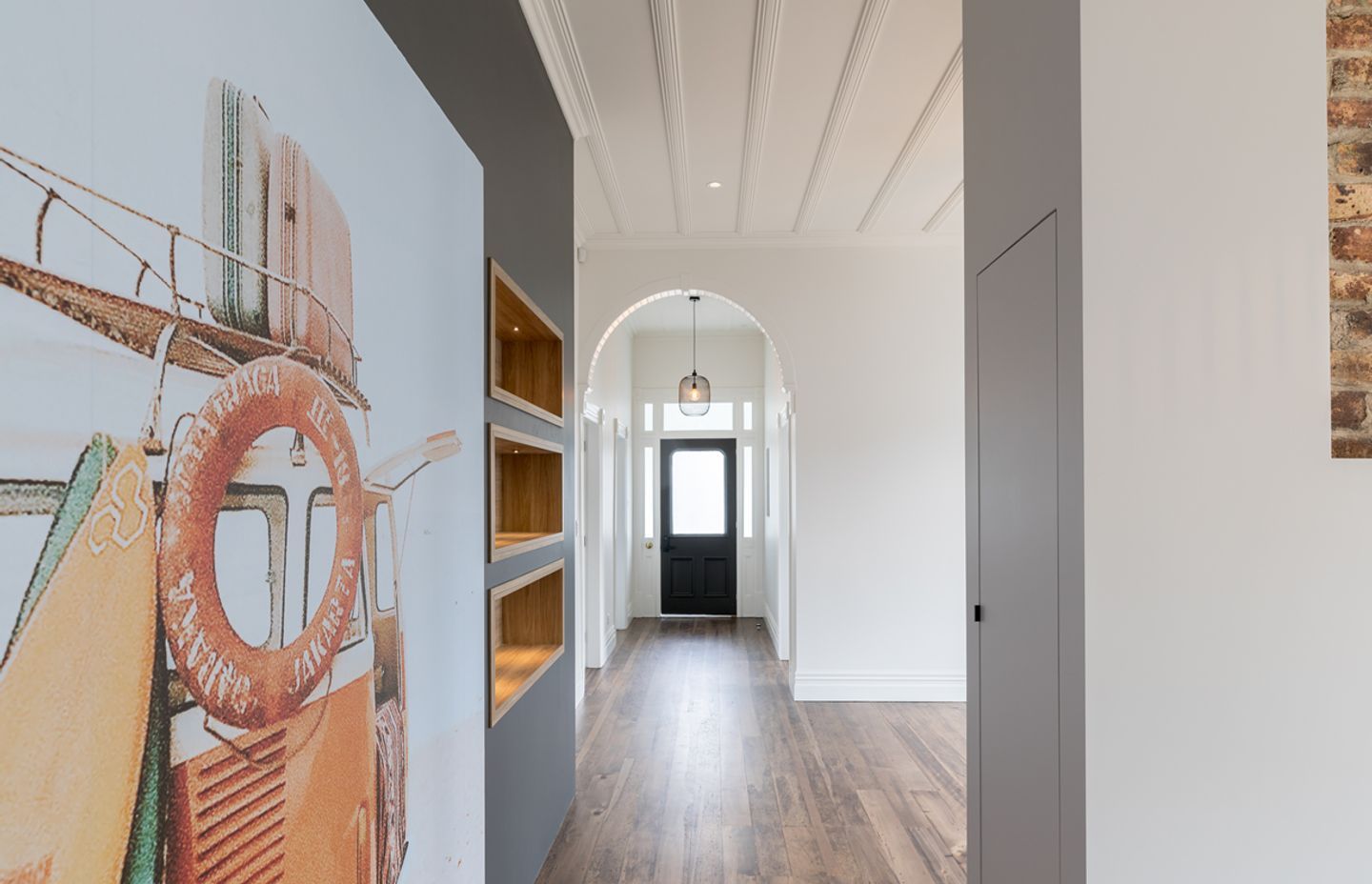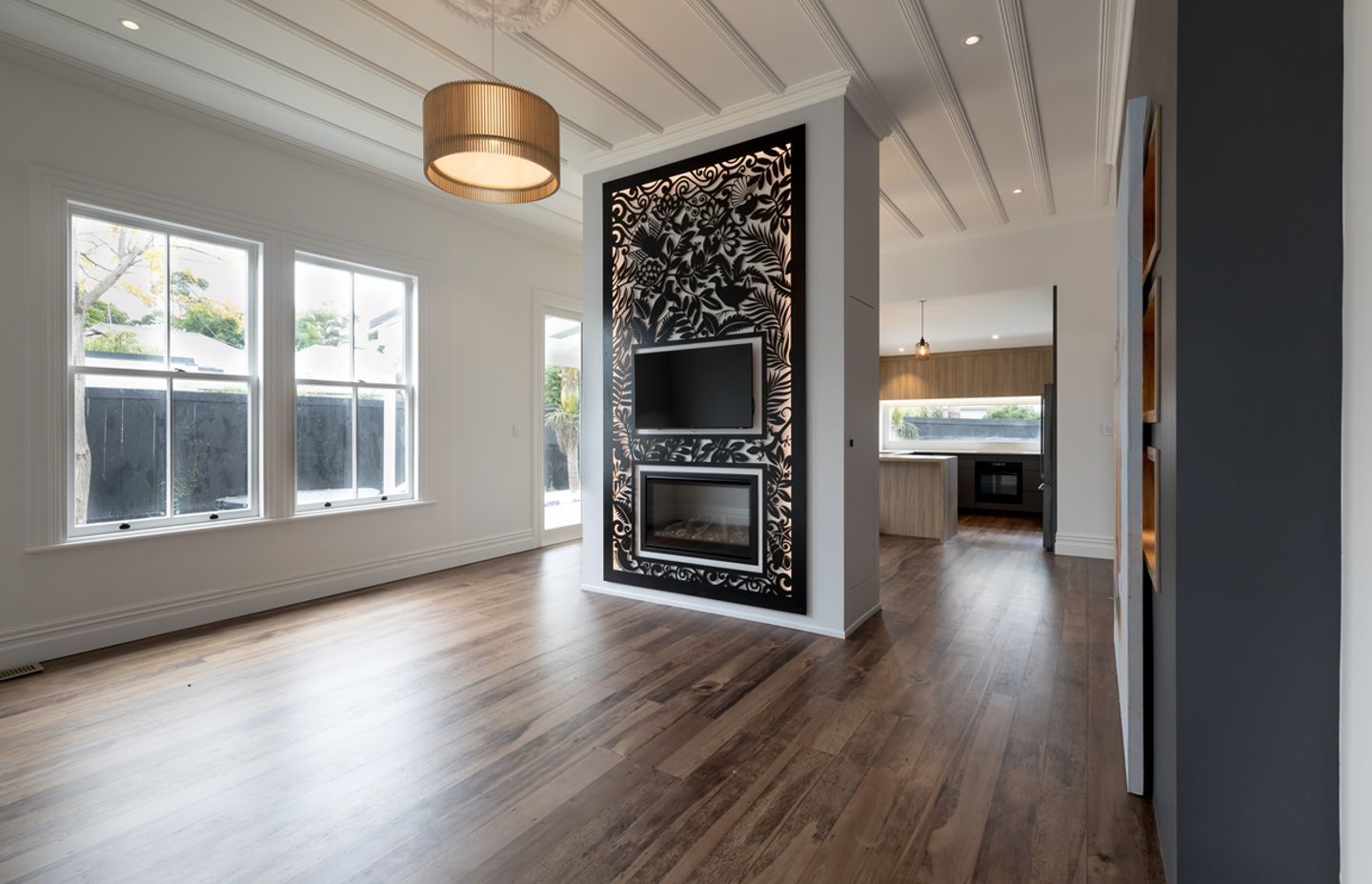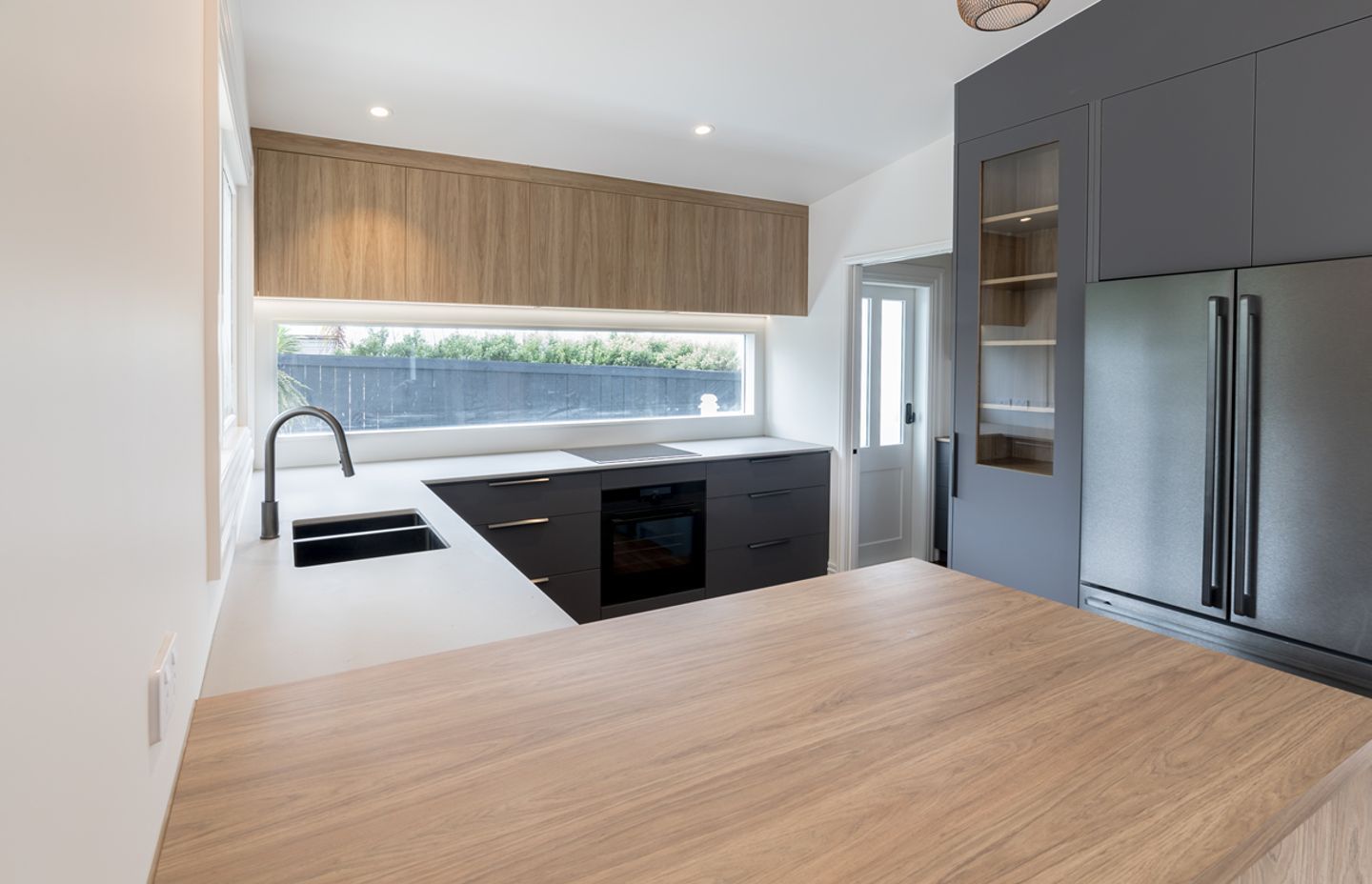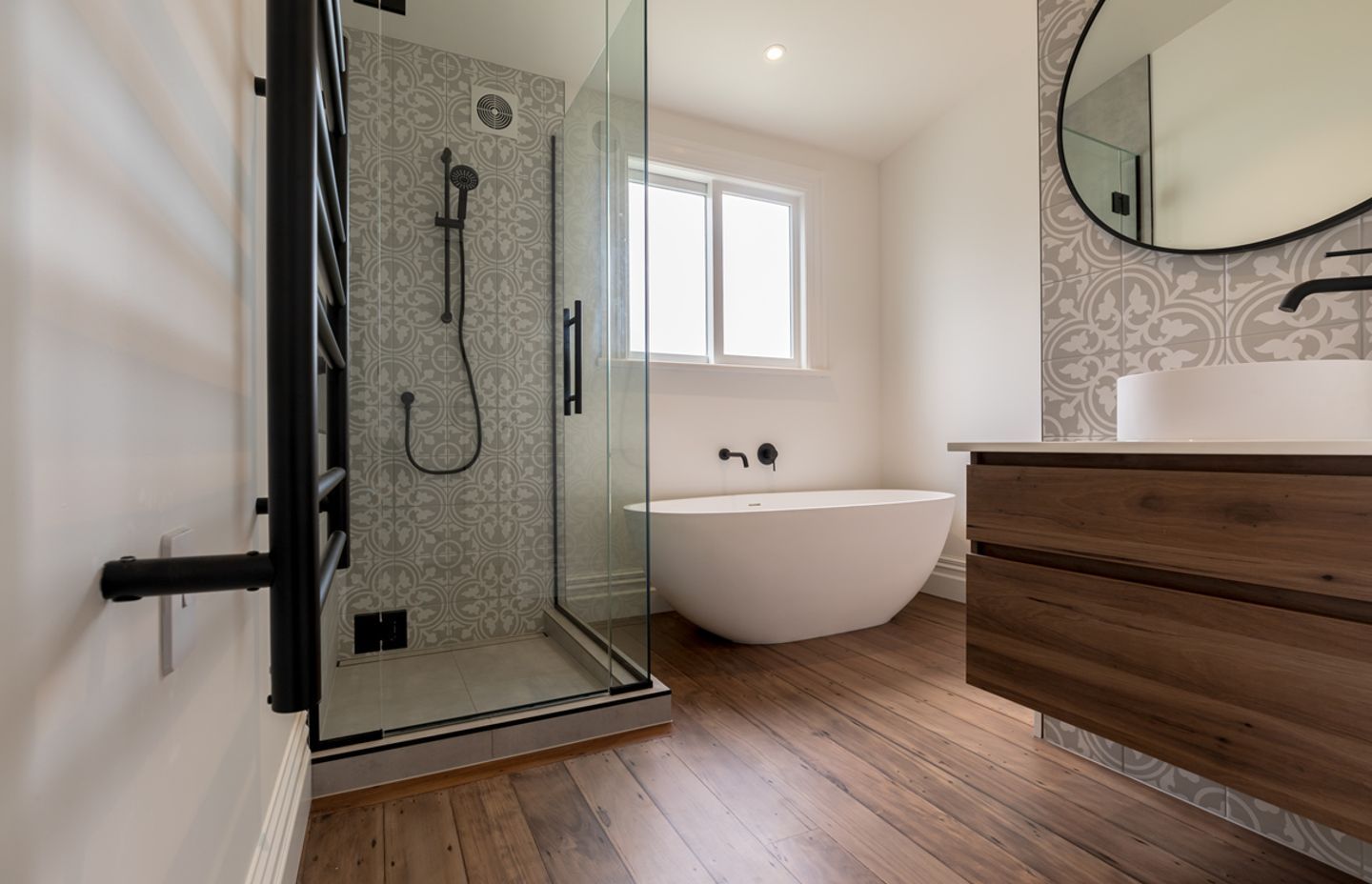A guide on renovating a character villa or bungalow

Villas and bungalows have the kind of street appeal, charm and character that you just can't buy new, yet mixes perfectly with new with the right expertise.
Kiwis have a bit of a love affair with villas and bungalows. Sure they have their downfalls, like being cold and draughty with questionable layout and flow, but the love, care and attention they deserve is worth every cent.
Careful planning, using specialists in every aspect of the renovation. Architects, suppliers, sub-trades and builders who specialise in character homes are needed in every step of the way to plan, compliance with heritage rules and regulations.
A lot of older homes have a ‘special character’ status ascribed to them, meaning there are more restrictions on what work can be done, as well as extra consenting red tape to navigate. Having a company dedicated to renovating these kinds of properties, like Licensed Renovations, can go a long way.
ArchiPro sat down with Russell Clark, the managing director of Licensed Renovations, who discusses the differences between renovating character homes and their contemporary counterparts, and what renovators need to know when tackling a special character house.

ArchiPro: How is renovating a character house different from renovating a standard house?
Russell Clark: Bringing new life into a grand villa takes love, patience, passion and skills. Love affairs with villas are deep and long lasting.
Being built so long ago, a lot of layouts weren’t conducive to a modern way of living. They were small, dark and damp.
We know that if we pull old linings off the wall, it is unlikely to have any insulation, building paper, enough nogs or studs or bracing elements. In this modern day of compliance this is no longer acceptable. There is a lot of work in these houses to comply with modern building methods that will carry the house through for years to come. Nothing in old homes are standard. One of the secrets of renovating is that we make it look like it hasn’t been touched, and yet has been rejuvenated in every way.
It’s absolutely crucial that all of these things are accounted for at the beginning of the project, so there are no budget shocks. You may have allowed for new doors, but not for custom-made doors.
We need to consider the existing services: the condition of electrical, plumbing, drainage, storm water can be a big factor which relies on expertise from a drainage engineer. Health and safety aspects to consider include the possibility of asbestos or lead paint.
Measuring and metering out the “what if’s” with the experts will ensure that your budget and scope will meet. Factoring in maintenance also needs to be considered as part of the overall renovation plan.

AP: What should aspiring renovators know about the preliminary stages of renovating a character home?
RC: The entire process is longer, there are more costs involved, and the consenting processes are different compared to renovating a contemporary home. Several councils, including Whangarei, Auckland, Hamilton, Wellington and Christchurch, protect special character
in their district plans – meaning there are extra hoops to jump through when applying for consent.
For example, in one of our most recent projects, we needed to keep a window at the same height to maintain the heritage of the home, but this doesn’t actually comply with the Building Code because it’s too low and there’s decking on the other side. You’re always going to come across hurdles like this – so it’s all about how you cost it and how you remedy it.
For us as a company, our biggest point of difference is our early stage budgeting. We give clients a very good estimate based on concept drawings from our in-house surveyor and our many years of experience in these types of projects. After working with our surveyor for over 15 years, we’ve refined our cost estimation system to be very accurate.

AP: Tell me about one of your latest projects, a character villa in Grey Lynn.
RC: People tend to really love these Grey Lynn style villas, they have a real personality and history to them – and these clients were no different.
All the ceilings are new, but you couldn’t really tell as we made them look like the ceilings were original. Of course some restrictions meant there were things we couldn’t touch, like the front fencing. In other cases there were challenges similar to the window situation I mentioned before.
We added a new en-suite, re-insulated, re-wired and re-plumbed, added a new deck and did some major structural work and re-piling. We re-roofed and painted the entire house inside and out. The client did the landscaping and working alongside him was awesome – we had many laughs. This is a family project and we formed a great team.
This was a fantastic project that our whole team and the owner are very proud of: we had a really good designer, our cost assessment kept to budget, and the client was great to work with. That was the real highlight: the client was really passionate about this house. It inspires me to continue restoring and using my expertise alongside such passionate owners, who always become lifelong friends.
Learn more about Licensed Renovations and its services or enquire about your project by completing the form below.

